Understanding Synephrine vs Bitter Orange
The Origins of Bitter Orange and Synephrine
Bitter orange, scientifically known as Citrus aurantium, is a citrus fruit native to Southeast Asia. This fruit has been used in traditional medicine for centuries, particularly in Chinese herbal practices. On the other hand, synephrine is a naturally occurring alkaloid found in various plants, including bitter orange.
Synephrine powder, extracted from the fruit and peel of bitter orange, has gained popularity in recent years as a dietary supplement. It's important to note that while bitter orange contains synephrine, the two are not synonymous. Bitter orange is the plant source, while synephrine is one of its active compounds.
Chemical Composition and Structure
Synephrine powder is primarily composed of p-synephrine, which is structurally similar to ephedrine but with distinct pharmacological properties. The chemical formula for synephrine is C9H13NO2. In contrast, bitter orange contains a complex mixture of compounds, including flavonoids, coumarins, and other alkaloids, in addition to synephrine.
The synephrine powder factory process involves extracting and isolating p-synephrine from bitter orange fruit, resulting in a concentrated form of the compound. This process allows for more precise dosing and application in supplements compared to using whole bitter orange extract.
Regulatory Status and Safety Considerations
While bitter orange has been used in traditional medicine for centuries, its regulatory status varies across different countries. In some regions, bitter orange extracts are regulated as dietary supplements, while in others, they may face restrictions due to concerns about potential side effects.
Synephrine powder, when produced by a reputable synephrine powder factory, is generally considered to have a more consistent safety profile. However, it's essential to note that both bitter orange and synephrine supplements should be used under professional guidance, especially for individuals with pre-existing health conditions or those taking medications.
Synephrine Powder Benefits for Energy and Metabolism
Enhancing Energy Production
One of the primary reasons people turn to synephrine powder is its potential to boost energy levels. Synephrine is believed to act as a mild stimulant, helping to increase alertness and reduce fatigue. Unlike some other stimulants, synephrine powder is thought to provide a smoother, more sustained energy boost without the jittery side effects often associated with caffeine.
Research suggests that synephrine may enhance mitochondrial function, the powerhouses of our cells responsible for energy production. This could explain why many users report improved endurance and reduced fatigue when supplementing with synephrine powder.

Metabolic Enhancement and Thermogenesis
Synephrine powder has gained attention in the fitness and weight management communities for its potential metabolic-boosting properties. The compound is believed to stimulate β3-adrenergic receptors, which play a role in lipolysis (fat breakdown) and thermogenesis (heat production).
By potentially increasing basal metabolic rate, synephrine powder may help the body burn more calories throughout the day. This thermogenic effect is one of the reasons why synephrine is often included in weight management supplements and pre-workout formulas.
Appetite Regulation
Some studies suggest that synephrine powder may have an impact on appetite regulation. While the exact mechanisms are still being researched, it's thought that synephrine might influence hormones related to hunger and satiety. This could potentially make it easier for individuals to adhere to calorie-restricted diets when using synephrine as part of a comprehensive weight management plan.
It's important to note that while synephrine powder may offer these benefits, it should be used in conjunction with a balanced diet and regular exercise for optimal results. The synephrine powder factory production process ensures a high-quality product, but individual responses may vary.

How Synephrine Powder Supports Weight Management?
Enhancing Fat Oxidation
One of the key ways synephrine powder may support weight management is through its potential to enhance fat oxidation. Research suggests that synephrine can increase the breakdown of fatty acids, making them more available as an energy source. This process, known as lipolysis, is crucial for reducing stored body fat.
Synephrine powder's ability to stimulate β3-adrenergic receptors may play a significant role in this fat-burning effect. By targeting these receptors, synephrine could potentially help mobilize fat stores, particularly in stubborn areas like the abdomen and thighs.
Metabolic Rate Elevation
Another way synephrine powder may contribute to weight management is by elevating the metabolic rate. A higher metabolic rate means the body burns more calories, even at rest. This can be particularly beneficial for individuals looking to create a calorie deficit for weight loss.
The thermogenic properties of synephrine powder are thought to be responsible for this metabolic boost. By increasing heat production in the body, synephrine may help individuals burn more calories throughout the day, potentially leading to gradual weight loss over time when combined with proper diet and exercise.
Exercise Performance and Recovery
Synephrine powder may also indirectly support weight management by enhancing exercise performance and recovery. Some studies suggest that synephrine can improve endurance and reduce perceived exertion during workouts. This could potentially allow individuals to exercise more intensely or for longer periods, leading to greater calorie burn and improved fitness levels.
Additionally, the potential anti-inflammatory properties of synephrine might aid in post-exercise recovery. Faster recovery times could mean more consistent workouts, which is crucial for long-term weight management success.
It's worth noting that while synephrine powder factory production ensures a standardized product, the effects can vary from person to person. Individuals should always consult with a healthcare professional before incorporating synephrine supplements into their weight management regimen.
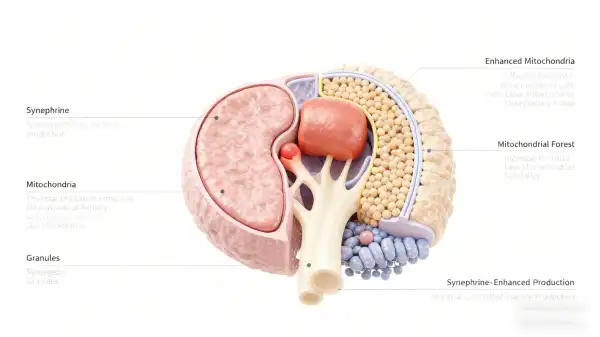
Conclusion
In conclusion, while bitter orange and synephrine are closely related, they are not the same thing. Bitter orange is the plant source, while synephrine is a specific compound extracted from it. Synephrine powder offers potential benefits for energy enhancement, metabolism boost, and weight management support. Its thermogenic properties, potential to enhance fat oxidation, and possible effects on exercise performance make it an intriguing option for those looking to optimize their health and fitness routines.
At Shaanxi Rebecca Biotechnology Co., Ltd., we specialize in producing high-quality synephrine powder using advanced extraction techniques. Our state-of-the-art synephrine powder factory ensures consistent purity and potency in every batch. We understand the importance of quality in natural herbal extracts and are committed to delivering products that meet the highest standards. For more information about our synephrine powder and other natural extracts, please contact us at information@sxrebecca.com. Let us help you harness the power of nature for your health and wellness goals.
FAQ
Is synephrine powder safe to use?
Synephrine powder is generally considered safe when used as directed. However, it's always best to consult with a healthcare professional before starting any new supplement regimen, especially if you have pre-existing health conditions or are taking medications.
How is synephrine powder different from ephedrine?
While structurally similar, synephrine has different pharmacological properties than ephedrine. Synephrine is considered to have milder effects and fewer side effects compared to ephedrine, which is why it's often used as an alternative in supplements.
Can synephrine powder help with weight loss?
Synephrine powder may support weight management efforts through its potential to boost metabolism and enhance fat oxidation. However, it should be used in conjunction with a balanced diet and regular exercise for optimal results.
References
1. Stohs, S. J., Preuss, H. G., & Shara, M. (2011). The safety of Citrus aurantium (bitter orange) and its primary protoalkaloid p-synephrine. Phytotherapy Research, 25(10), 1421-1428.
2. Gutiérrez-Hellín, J., & Del Coso, J. (2018). Acute p-synephrine ingestion increases fat oxidation rate during exercise. British Journal of Clinical Pharmacology, 84(8), 1889-1899.
3. Kaats, G. R., Miller, H., Preuss, H. G., & Stohs, S. J. (2013). A 60day double-blind, placebo-controlled safety study involving Citrus aurantium (bitter orange) extract. Food and Chemical Toxicology, 55, 358-362.
4. Ratamess, N. A., Bush, J. A., Kang, J., Kraemer, W. J., Stohs, S. J., Nocera, V. G., ... & Faigenbaum, A. D. (2016). The effects of supplementation with p-synephrine alone and in combination with caffeine on metabolic, lipolytic, and cardiovascular responses during resistance exercise. Journal of the American College of Nutrition, 35(8), 657-669.
5. Shara, M., Stohs, S. J., & Smadi, M. M. (2018). Safety evaluation of p-synephrine following 15 days of oral administration to healthy subjects: A clinical study. Phytotherapy Research, 32(1), 125-131.
_1730691017423.webp)




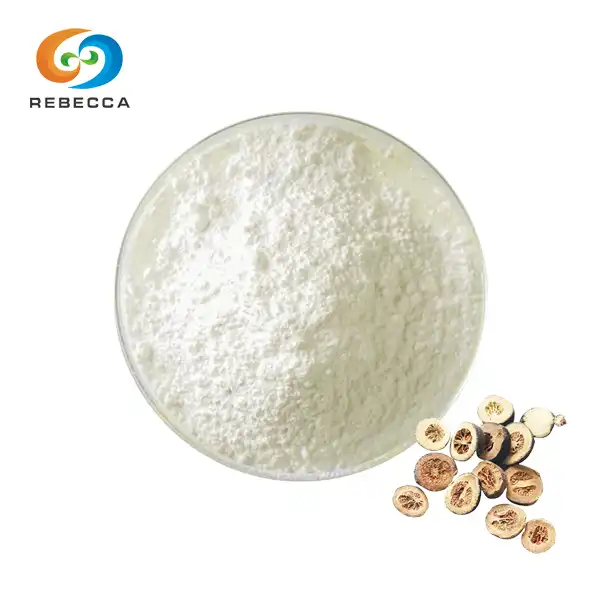
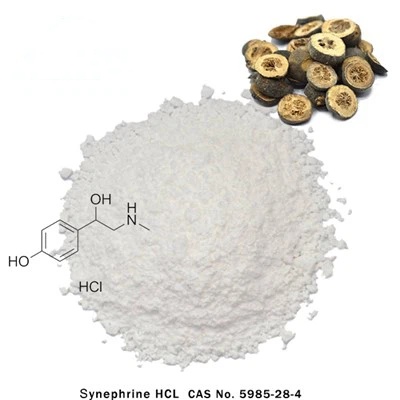







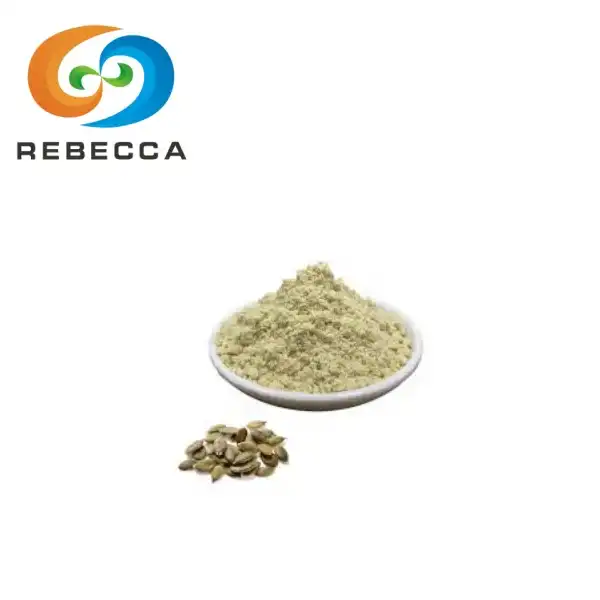
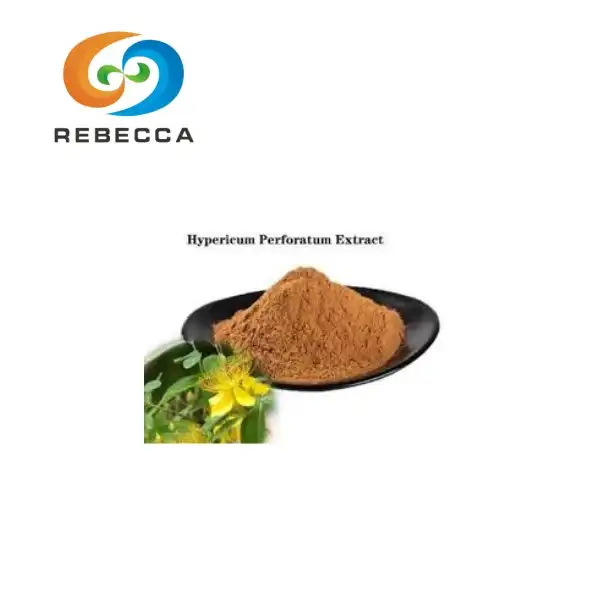
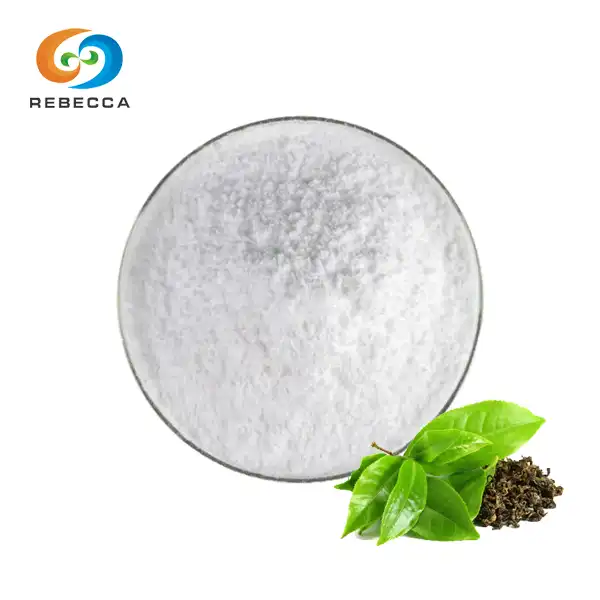
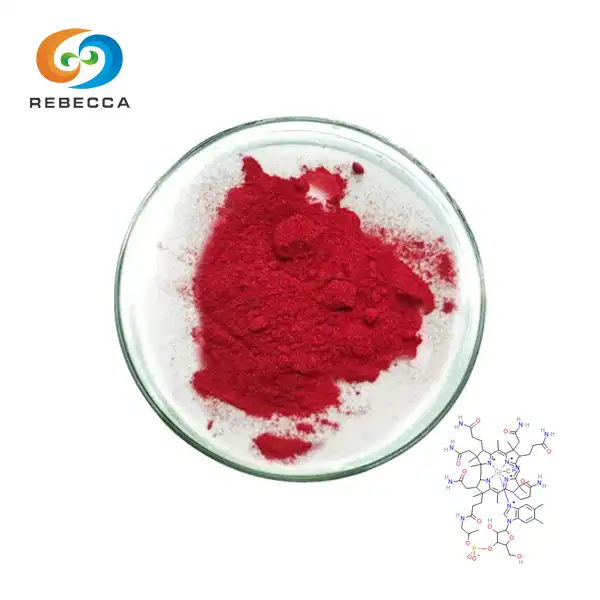
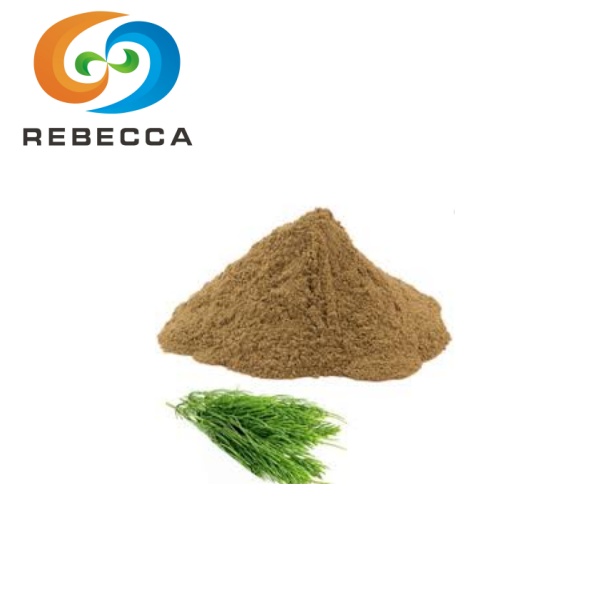
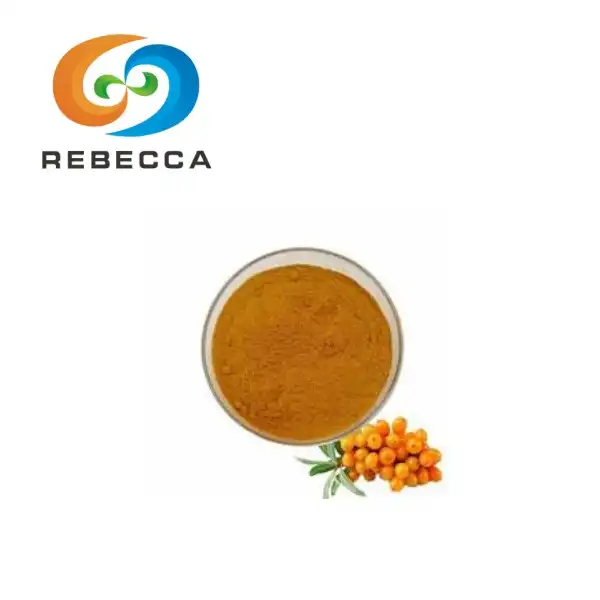
_1732614202057.webp)


